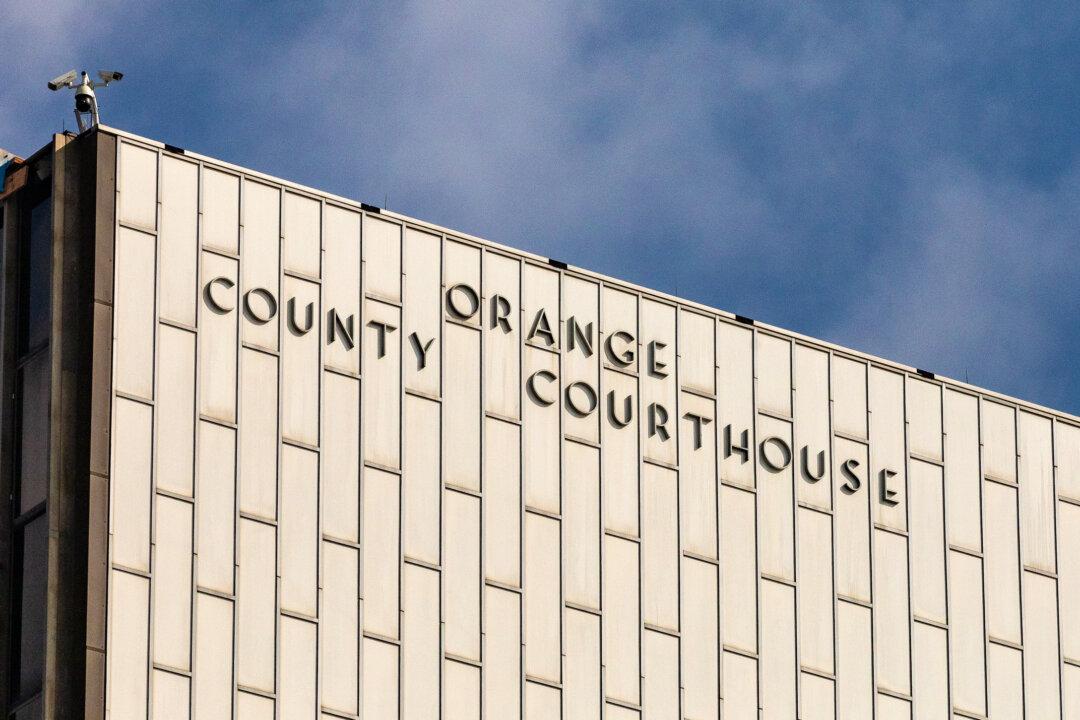SANTA ANA—A 73-year-old physician—the last of 19 defendants in a $154 million medical insurance fraud scheme dating back more than two decades—was sentenced Jan. 29 to three years of formal probation, 1,000 hours of community service and ordered to pay $2.9 million in restitution.
Dr. Mario Rosenberg, was indicted along with a dozen others in 2008. The Beverly Hills resident entered a no contest plea in the case on Jan. 24, 2014. Before the grand jury indictment, six other defendants pleaded guilty in the case stemming from fraud at the Unity Outpatient Surgery Center of Buena Park.





